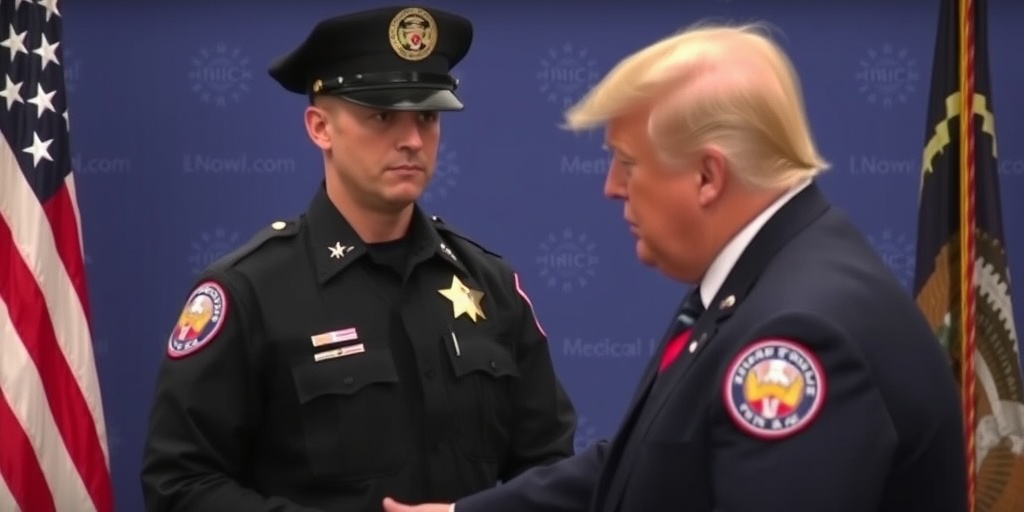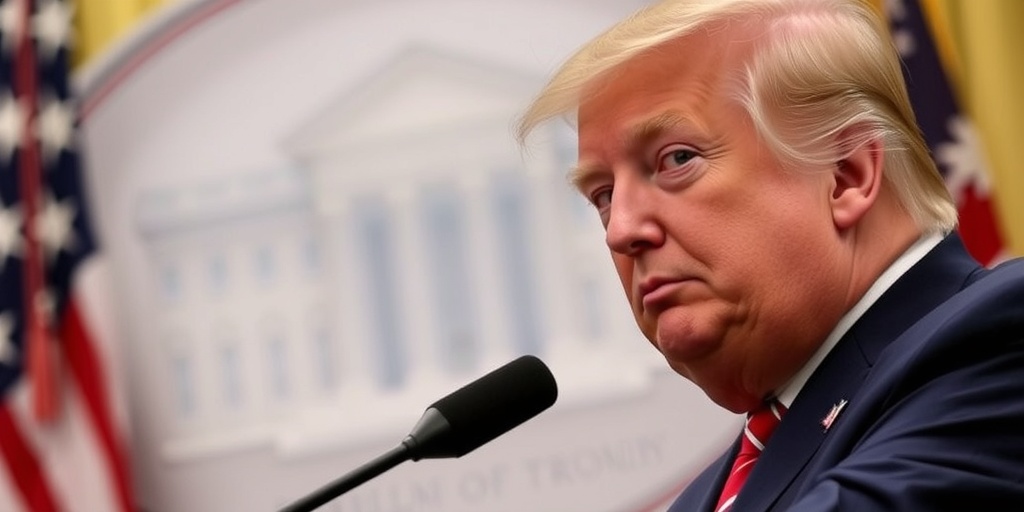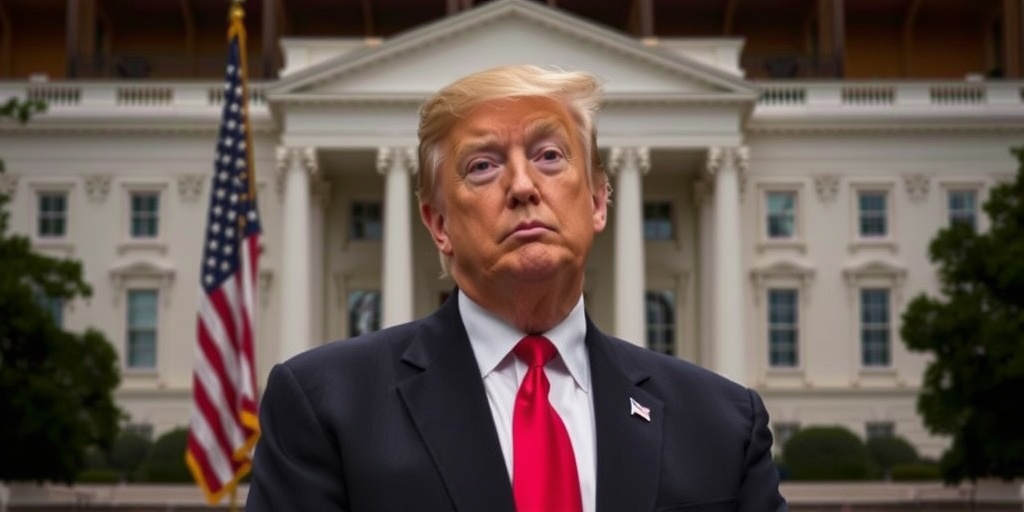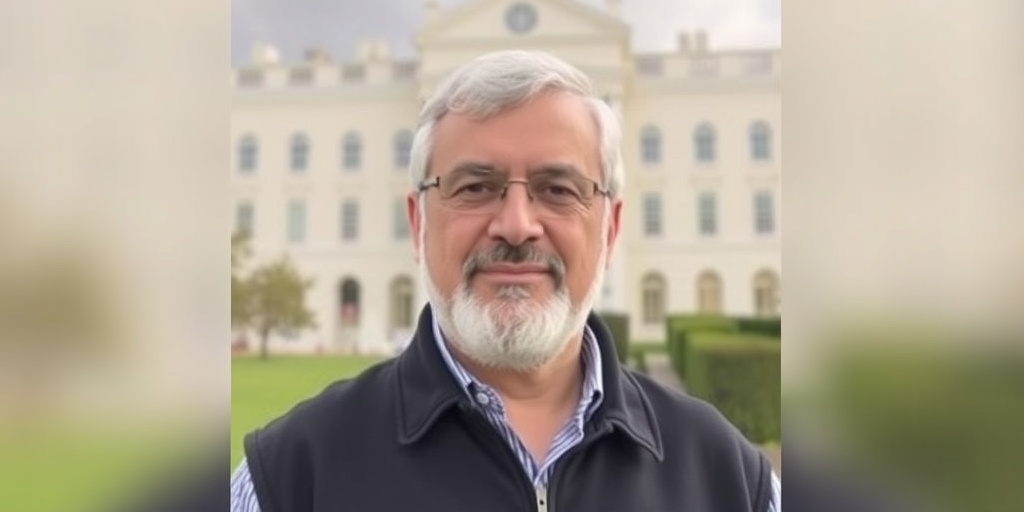Now Reading: Judge Orders U.S.A.I.D. and State Dept. to Release Withheld Funds
-
01
Judge Orders U.S.A.I.D. and State Dept. to Release Withheld Funds
Judge Orders U.S.A.I.D. and State Dept. to Release Withheld Funds
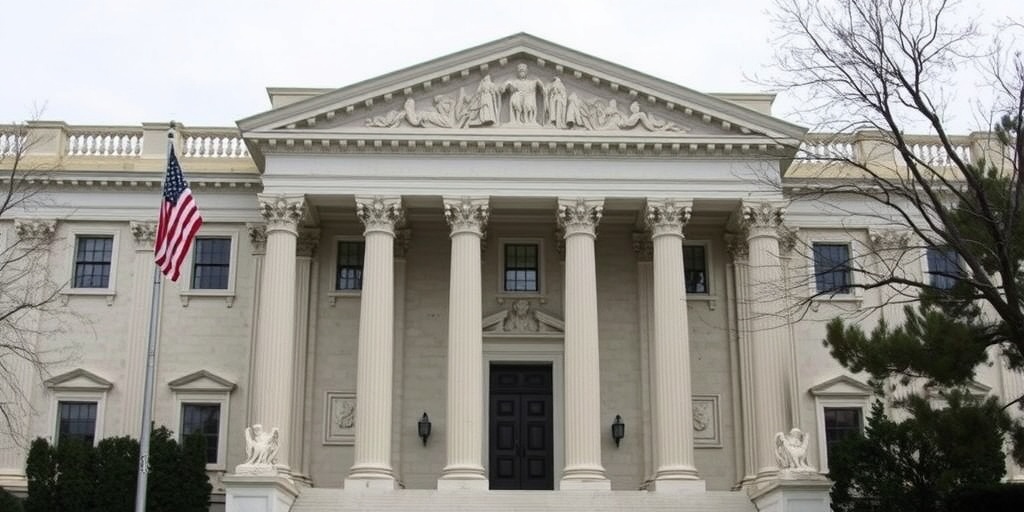
Federal Judge Orders Trump Administration to Release Foreign Aid Funds
In a significant legal victory for aid groups, a federal judge ruled on Monday that the Trump administration must not unlawfully withhold foreign aid funds appropriated by Congress. Judge Amir H. Ali of the Federal District Court for the District of Columbia mandated the State Department and the U.S. Agency for International Development (USAID) to pay grant recipients and contractors for work completed during the early weeks of President Trump’s term, emphasizing the importance of adhering to congressional appropriations.
This ruling is part of an ongoing and complex legal battle regarding foreign aid payments that have faced scrutiny since President Trump’s efforts to drastically reduce the country’s foreign assistance initiatives. Judge Ali’s decision specifically requires the payment of funds that had been due prior to February 13 and clearly indicates that he believes the Trump administration exceeded its authority by attempting to block the disbursement of these funds.
The judge articulated his concern over the executive branch’s actions, stating, “Here, the executive has unilaterally deemed that funds Congress appropriated for foreign aid will not be spent.” He expressed that the Trump administration not only claimed authority to determine how appropriated funds are spent but also overstepped its bounds by infringing upon Congress’s exclusive right to decide whether the funds should be allocated for such purposes.
The ruling was issued as part of an order prohibiting the State Department and USAID from implementing much of a January 24 memorandum that outlined plans for redesigning and significantly reducing U.S. foreign aid. Judge Ali’s order also stipulated the necessity of paying out hundreds of millions of dollars owed to various organizations for completed work before February 13, as he had previously mandated last month.
The judge’s ruling targets a broader freeze on foreign aid funding that was instituted by President Trump on his first day in office. While the order falls short of invalidating the administration’s decision to cancel thousands of contracts through a review process described as expedited, Judge Ali indicated that the court’s responsibilities were limited to addressing specific harms defined in the lawsuit, rather than overseeing ongoing executive decisions.
On the same day, Secretary of State Marco Rubio announced via social media that a review of the contracts held by USAID—conducted with the assistance of Elon Musk’s team—would result in a drastic cut of approximately 83% of the agency’s contracts. Rubio noted that the roughly 1,000 contracts that would continue would be managed by the State Department.
Judge Ali acknowledged the claim from the aid groups involved in the lawsuit that they had demonstrated an “unrebutted showing of enormous harm.” Many organizations reported that the government’s review of contracts left them struggling to maintain essential, lifesaving operations.
During a recent court hearing, Judge Ali instructed the agencies involved to process old invoices and settle payments owed to the organizations that were suing by 6 p.m. on Monday. In addition, the government was mandated to file a report before the week’s end to outline measures for compensating former recipients of federal funding who were affected by the review process.
Although aid groups have contended that the funding pause jeopardized their missions, some organizations not directly involved in the lawsuit reported that they had yet to receive anticipated payouts even after Judge Ali’s initial ruling last month. This included groups that the Trump administration had indicated would benefit from expedited payments due to their roles in urgent health projects, such as the distribution of HIV medications.
The government’s legal representation has argued that the payment delays do not reflect a disregard for the court’s decisions, but rather stem from administrative challenges, as the agencies responsible for disbursing funds ceased most of their operations following the contract review and placed many employees on leave.
In a related development last week, the Supreme Court declined to exempt the agencies from Judge Ali’s earlier order, which directed nearly $2 billion to be paid out. The high court requested clarification from Judge Ali regarding the government’s obligations, noting that the deadline he previously established for unfreezing payments had passed.
The Supreme Court’s decision was made on a 5-to-4 vote, and the majority did not provide an explanation; however, dissenting justices indicated there might be future legal conflicts over similar cases where groups have accused the Trump administration of withholding funds sanctioned by Congress. Justice Samuel Alito, along with Justices Clarence Thomas, Neil M. Gorsuch, and Brett M. Kavanaugh, expressed concern that the government was likely to succeed in the case due to federal sovereign immunity, which typically shields the government from lawsuits aimed at enforcing payment from the Treasury.
In his dissent, Justice Alito stated, “The government must apparently pay the $2 billion posthaste—not because the law requires it, but simply because a district judge so ordered.” His comments reflect broader themes surrounding judicial authority and the limits of federal power, suggesting that upcoming court battles may hinge on these fundamental questions.
Stay Informed With the Latest & Most Important News
Previous Post
Next Post
-
 01New technology breakthrough has everyone talking right now
01New technology breakthrough has everyone talking right now -
 02Unbelievable life hack everyone needs to try today
02Unbelievable life hack everyone needs to try today -
 03Fascinating discovery found buried deep beneath the ocean
03Fascinating discovery found buried deep beneath the ocean -
 04Man invents genius device that solves everyday problems
04Man invents genius device that solves everyday problems -
 05Shocking discovery that changes what we know forever
05Shocking discovery that changes what we know forever -
 06Internet goes wild over celebrity’s unexpected fashion choice
06Internet goes wild over celebrity’s unexpected fashion choice -
 07Rare animal sighting stuns scientists and wildlife lovers
07Rare animal sighting stuns scientists and wildlife lovers













